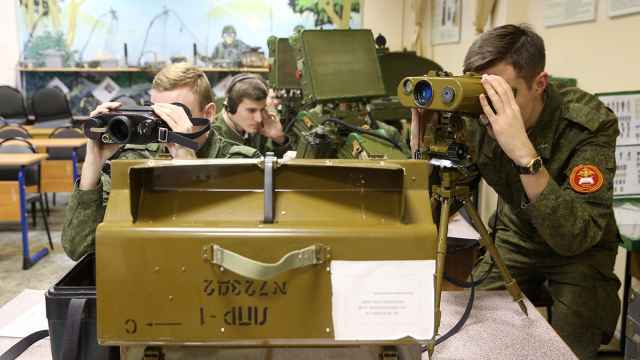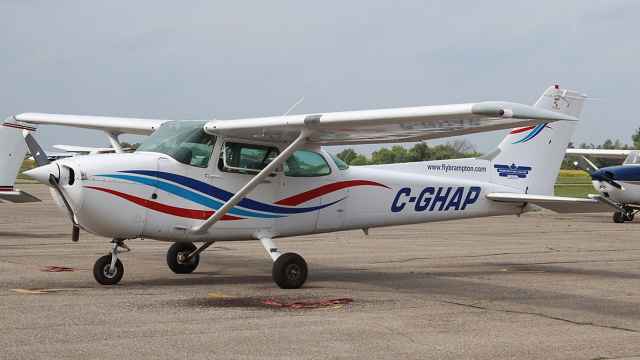Russia could convert more of its RS-20 ballistic missiles to launch domestic satellites in place of other less reliable rockets, the commander of the country's Strategic Missile Force said.
Nineteen RS-20 missiles, known in the West as the SS-18 Satan, have been converted for use by ISC Kosmotras to launch mostly foreign satellite payloads since 1999. The converted missile is known as the Dnepr rocket.
"There have been recent proposals for the use of the Dnepr for launching our satellites in light of the problems with our other launchers," Karakaev said Tuesday. He added that while the decision was not his to make, the Strategic Missile Force was ready to meet the task.
A Russian Proton rocket exploded shortly after launch at the Baikonur Cosmodrome in July, showering the surrounding Kazakh countryside with 600 tons of blazing, highly toxic rocket fuel.
Proton launches were suspended for three months following the accident and Kazakhstan — which leases the Baikonur launch facility to Russia for $115 million annually — remains concerned about reimbursement for the costs of the cleanup effort.
Russia's new Angara rocket, slated to provide launch services in multiple weight classes, has suffered a string of delays. Its first launch is currently scheduled for mid-2014.
The RS-20, first launched in 1973, is the most powerful ICBM in the world. The Strategic Missile Force is phasing out the weapon by 2018 to 2020, when it will be replaced by the new Sarmat heavy missile, Karakaev said.
The Dnepr is launched from Baikonur as well as a site in Russia's Orenburg region.
Karakaev said the rocket's use of highly toxic propellants was its only drawback. A Dnepr rocket crashed in Kazakhstan following an onboard failure in 2006.
A Dnepr rocket last month successfully delivered 32 satellites from 18 countries into orbit, breaking the previous world record for the number of satellites in a single launch, according to space industry analysts.
A Message from The Moscow Times:
Dear readers,
We are facing unprecedented challenges. Russia's Prosecutor General's Office has designated The Moscow Times as an "undesirable" organization, criminalizing our work and putting our staff at risk of prosecution. This follows our earlier unjust labeling as a "foreign agent."
These actions are direct attempts to silence independent journalism in Russia. The authorities claim our work "discredits the decisions of the Russian leadership." We see things differently: we strive to provide accurate, unbiased reporting on Russia.
We, the journalists of The Moscow Times, refuse to be silenced. But to continue our work, we need your help.
Your support, no matter how small, makes a world of difference. If you can, please support us monthly starting from just $2. It's quick to set up, and every contribution makes a significant impact.
By supporting The Moscow Times, you're defending open, independent journalism in the face of repression. Thank you for standing with us.
Remind me later.





